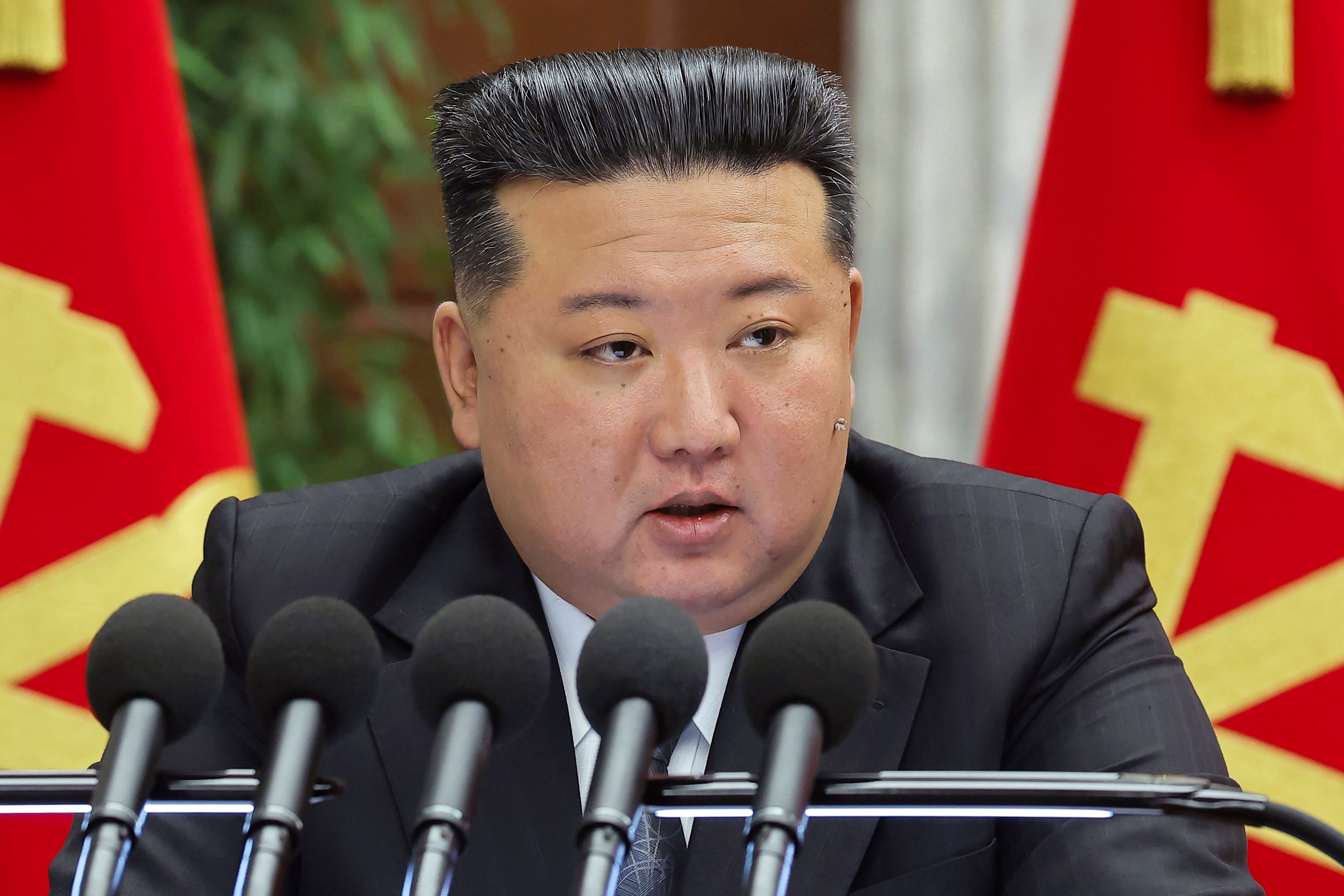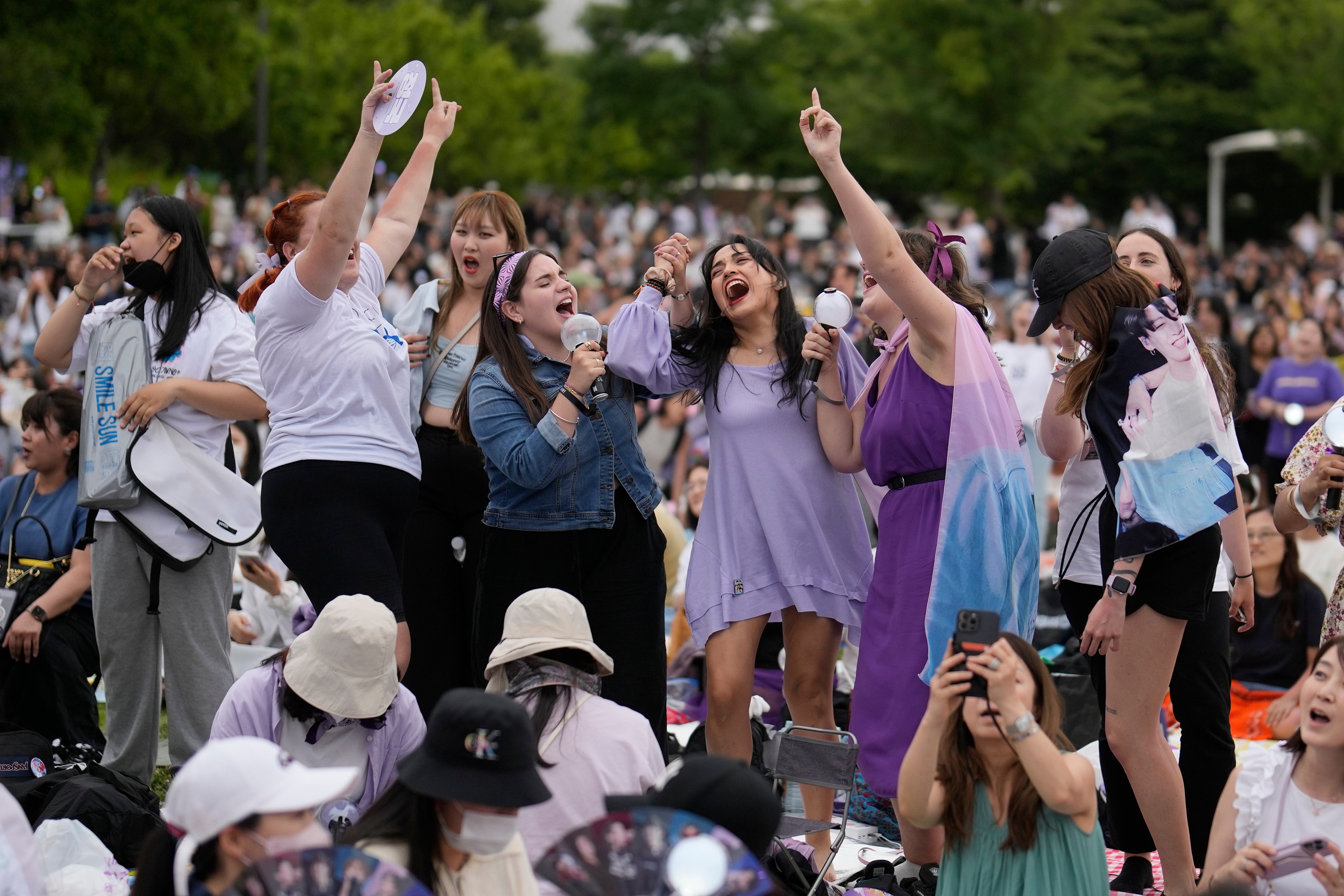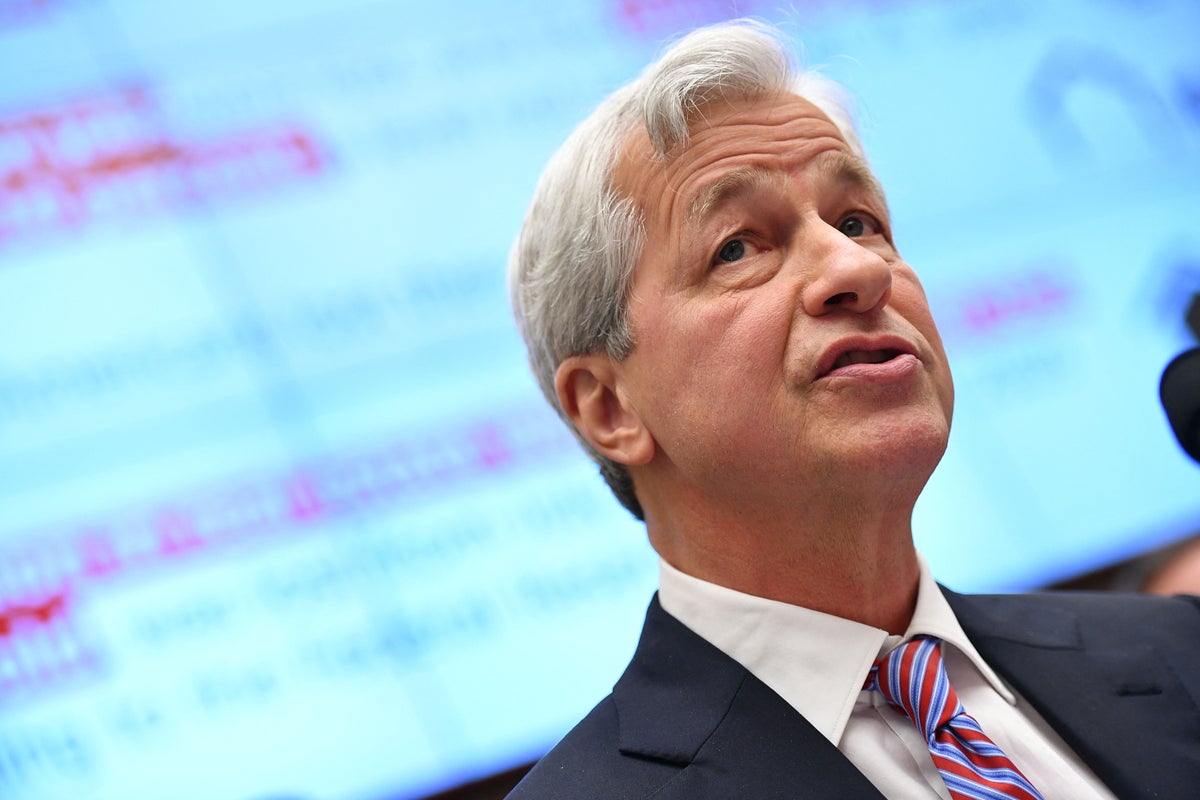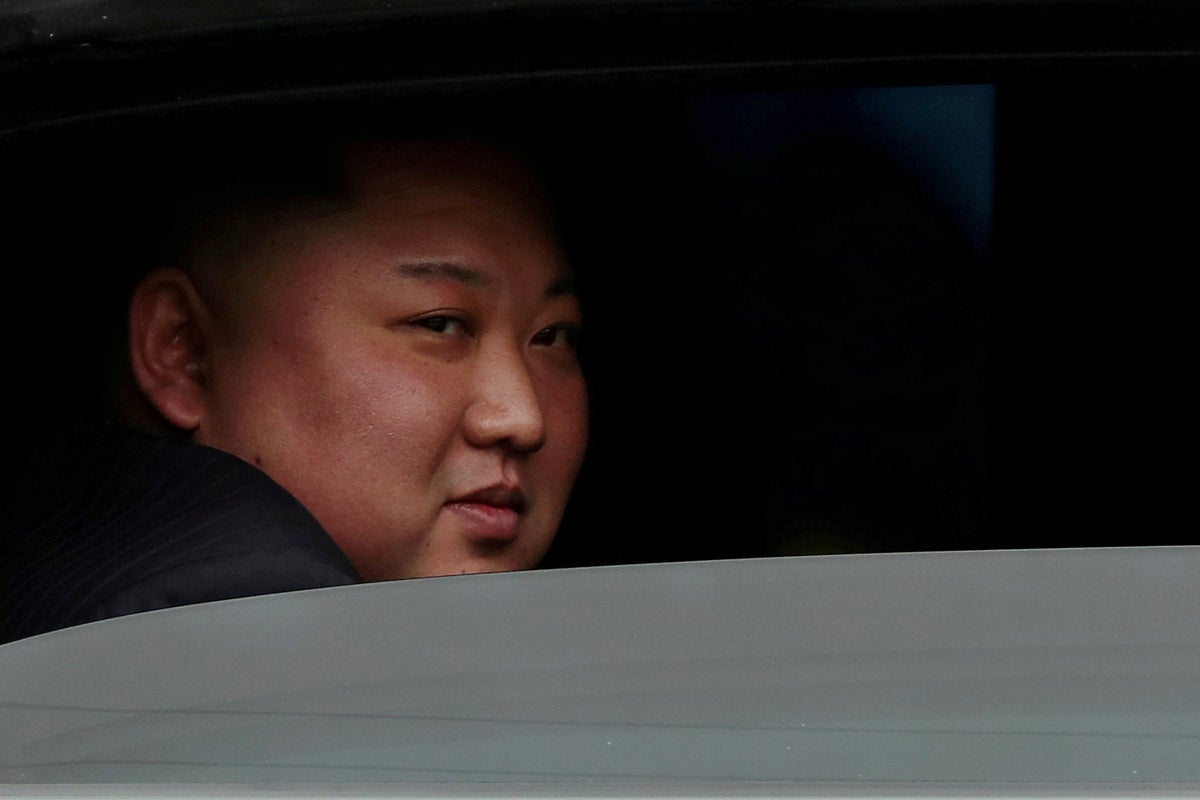North Korean leader Kim Jong-un recently chaired a meeting of the Korean Worker’s Party Secretariat, the body responsible for prescribing correct behaviour and ensuring it’s adhered to by party members. The party’s official newspaper, Rodong Sinmun, reported that this meeting was convened to address various shortcomings in discipline (tangnaegyuryurŭl ranp’ok) – including binge drinking by some party officials.
The meeting was concerned with two violations of party discipline in particular. Party officials in Onchon County (about 60km west of the capital, Pyongyang) were accused of making inadequate preparations for their local party meeting, which – as a result – was held in a “grossly formalistic (hyŏngshikchŏkŭro) way”.
In North Korea’s early political history, accusations of being formalistic related to overly celebrating foreign governments and their methods of socialism. But used in relation to the officials in Onchon County, it meant going through the motions, and not displaying enough genuine enthusiasm and engagement with the political process.
This lack of ideological zeal was reportedly further displayed when 40 of the officials went on a “drinking spree” – an act considered directly opposed to the party’s line on maintaining discipline. In the English-language version of the Rodong Sinmun news article, these officials were branded as a “corrupt group”. But in the Korean-language version, they were more colourfully condemned as a “rotten group” (ssŏgŏppajin muri) and an “arrogant rabble” (pangjahan ohapchijol).
In response, Kim stated that the behaviour of the party officials was a “political and moral” crime which undermined the foundations of the Korean Worker’s Party. Consequently, the Onchon County party committee was dissolved and the 40 officials involved in the drunken revelry were earmarked for punishment. While it was not mentioned what punishment the officials would receive, it’s likely at the very least they will be subject to ideological re-education.

Accusations of drunkenness and alcoholism as a means of criticising and purging party officials is nothing new in North Korea. In December 1955, Pak Il-u (then the minister of post and telecommunications) was accused of leading a depraved lifestyle and being an alcoholic. This was done to besmirch his reputation, justify his expulsion from the Korean Worker’s Party, and imprison him.
It isn’t illegal to drink in North Korea. Alcohol has a strong cultural presence: it is used on formal occasions to celebrate weddings, relieve sadness during funerals, and commemorate the birthdays of leaders.
In recent years, the country has even promoted its alcoholic products on postage stamps. In 2022, the government issued a stamp depicting three variations of Taedonggang Beer, produced at a state-owned domestic brewery since 2002. The beer is named after the Taedong river, which runs through Pyongyang.
The following year, a stamp depicting Pyongyang Soju was issued. This rice and corn-based liquor has been produced at a state-owned factory since 2009. With an alcohol content of 25%, North Korea’s soju has a higher alcohol content than South Korea’s best-selling version, Jinro Chamisul Original (20.1% ABV).
In June 2015, Kim designated Pyongyang Soju as the national liquor – underlining that alcohol holds an important place both in North Korea’s cultural heritage and contemporary society.

That’s not to say North Koreans are heavy drinkers compared with their compatriots in the south, who – according to pre-COVID statistics – drink about twice as much. In North Korea, a litre of alcohol costs about the same as a kilo of corn (a proxy for a day’s food), which may explain this.
But excessive drinking is regarded, as Kim stated, as a political and moral vice. Alcohol and other drug taking, such as methamphetamine use, is bound up with mental health as a sign of degeneracy.
Given that mental health care in North Korea is virtually non-existent (mental health conditions are correlated with ideological problems), drinking, smoking and other drug use often become coping mechanisms for people living there. But these have all become regarded as anti-state activities.
In recent years, North Korea has cracked down more strictly on what is seen as the “ideological and cultural poisoning” of society. For example, it has been reported that people have been sentenced to lengthy prison sentences or execution for consuming and/or distributing foreign media, using foreign slang terms, or wearing foreign clothes and hairstyles.
Divorcing couples and those caught selling hot dogs have reportedly been the most recent examples of people’s anti-state behaviour receiving labour camp sentences. Divorce represents dissent to the socialist idea of collectivism, prioritising group needs (family) over individual desires.
Therefore, the attack on excessive alcohol consumption – and it being publicly reported on – can be seen as another development in the trend of North Korea clamping down on individualistic behaviour, because it does not conform to the ideals of how people in this socialist society should behave.
David Hall is a PhD Candidate in Korean Studies, University of Central Lancashire.
This article is republished from The Conversation under a Creative Commons license. Read the original article.



